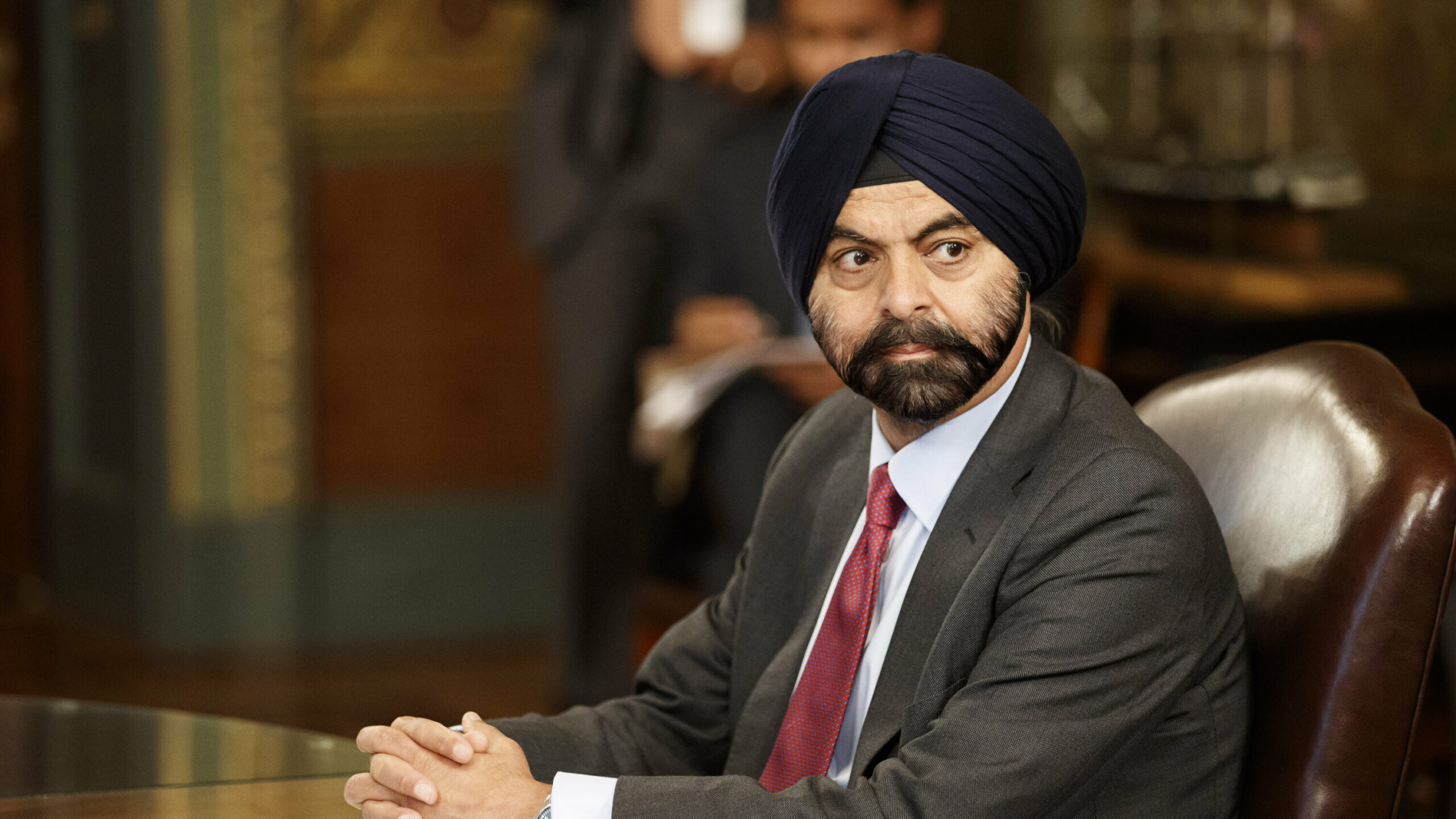The African Union (AU) as part of her future plans is said to establish the African Central Bank (ACB) in 2045, according to the representative of the Association of African Central Banks (AACB), Ms. Naglaa Nozahie.
Ms Naglaa Nozahie who is a Special Advisor to the Governor, Central Bank of Egypt, on Thursday at the third session of the Specialised Technical Committee of the African Union (AU) on Finance, Monetary Affairs, Economic Planning and Integration, in Yaounde, Cameroon said the purpose of ACB was “to build a common monetary policy and single African currency as a way to accelerate economic integration on the continent’’.
“In addition, the ratio of public debt to GDP must be less than 65 percent while the ratio of total tax revenue to GDP must be more than 20 percent. “The ratio of government capital investment to tax revenue must be greater than 30 percent,’’ she said. Nozahie said experts, who worked on the convergence criteria, also agreed that member countries must maintain the stability of the nominal exchange rate at plus or minus 10 percent.
She further said that analysis of member countries’ performance showed that only 18 countries, out of 52, currently met all the primary criteria for macroeconomic convergence. It would be recalled that the AU Assembly in January 2005, which held in Abuja, outlined decisions for the establishment of some African financial institutions to improve intra-African trade.
Part of the decisions was that the African Central Bank should be located in Nigeria, the African Investment Bank in Libya, and the African Monetary Fund in Cameroon. When it is fully implemented, the ACB will be the sole issuer of the African Single Currency and would become the banker of the African Government and Africa’s private and public banking institutions.
The ACB will regulate and supervise the African banking industry and will set the official interest and exchange rates, in conjunction with the African Government’s administration.





















